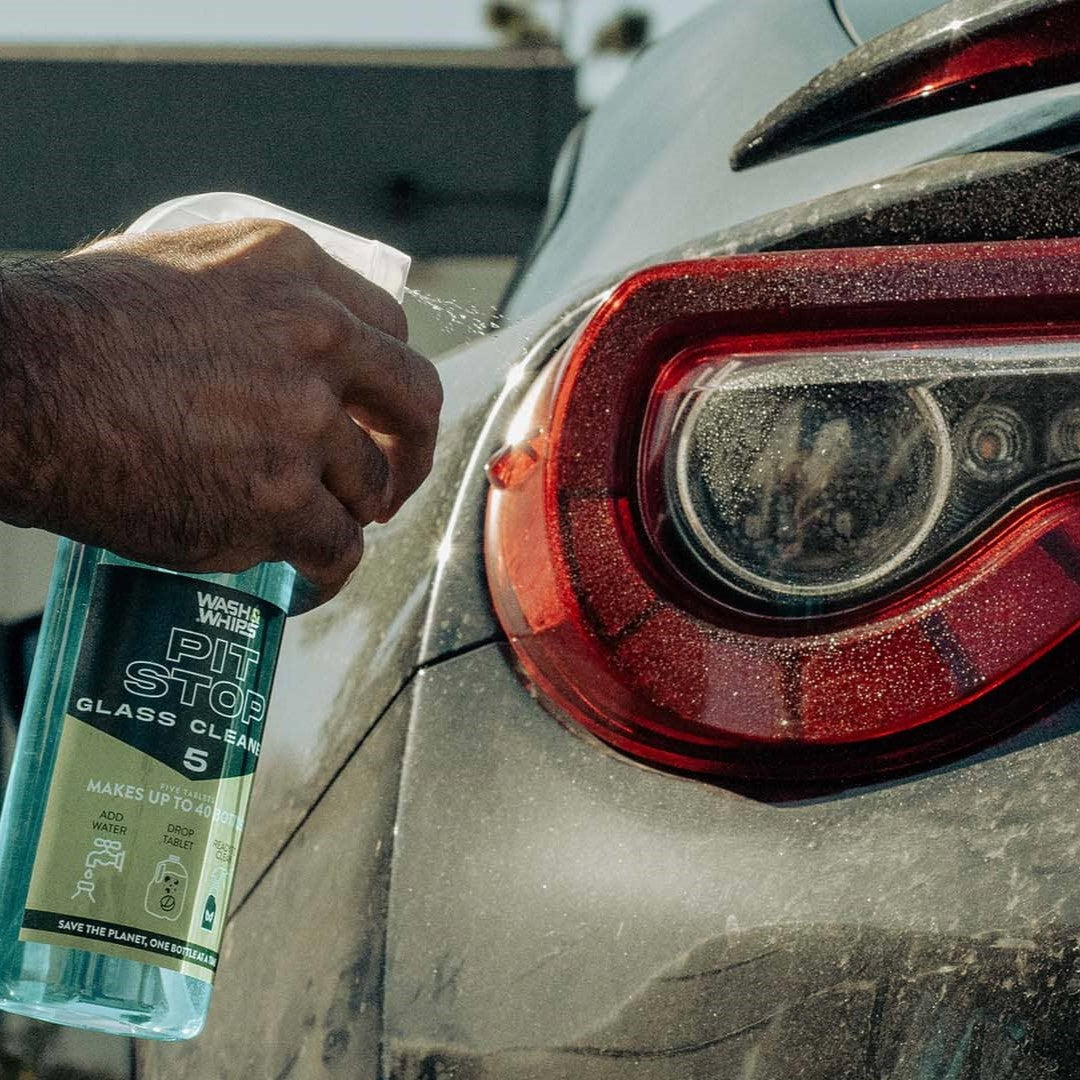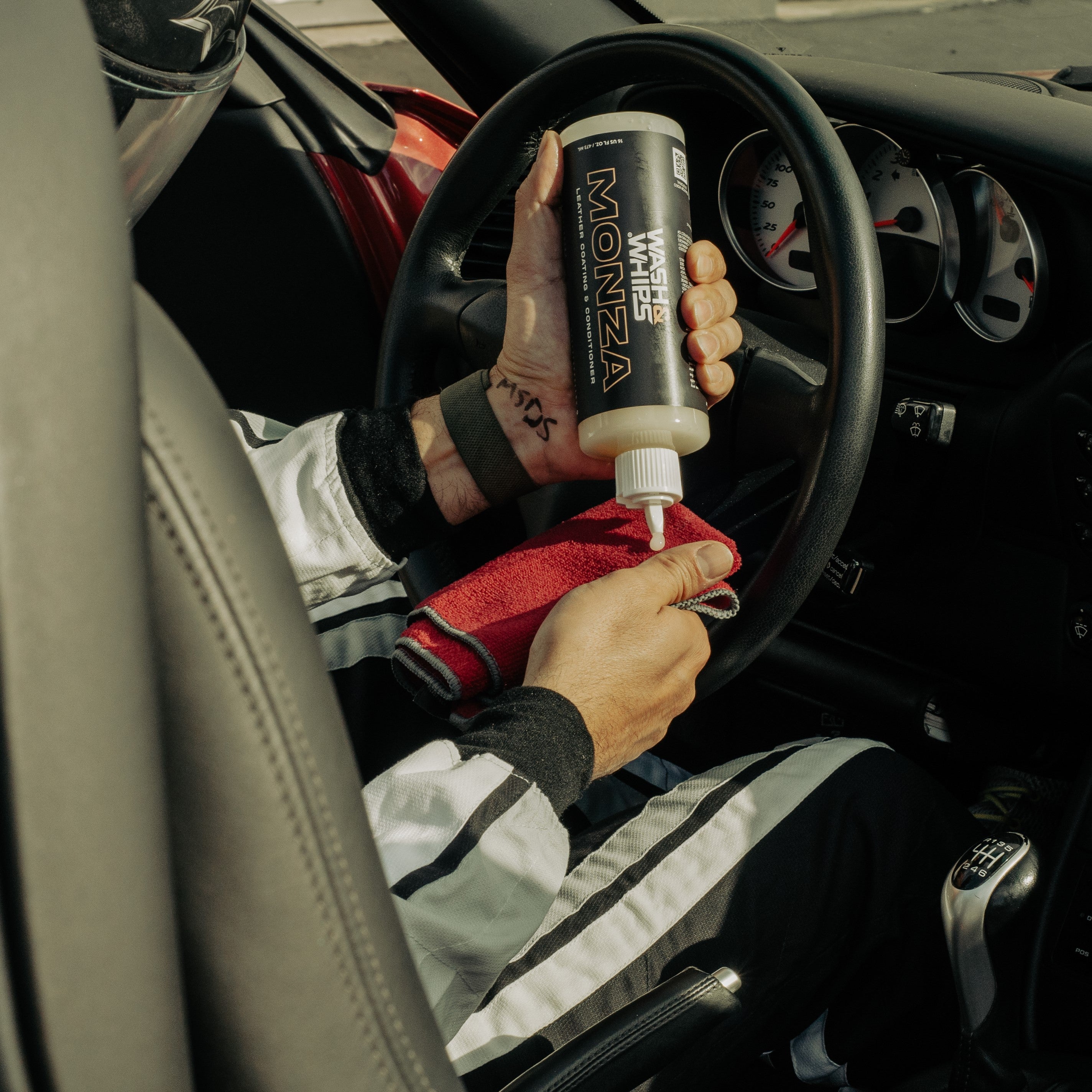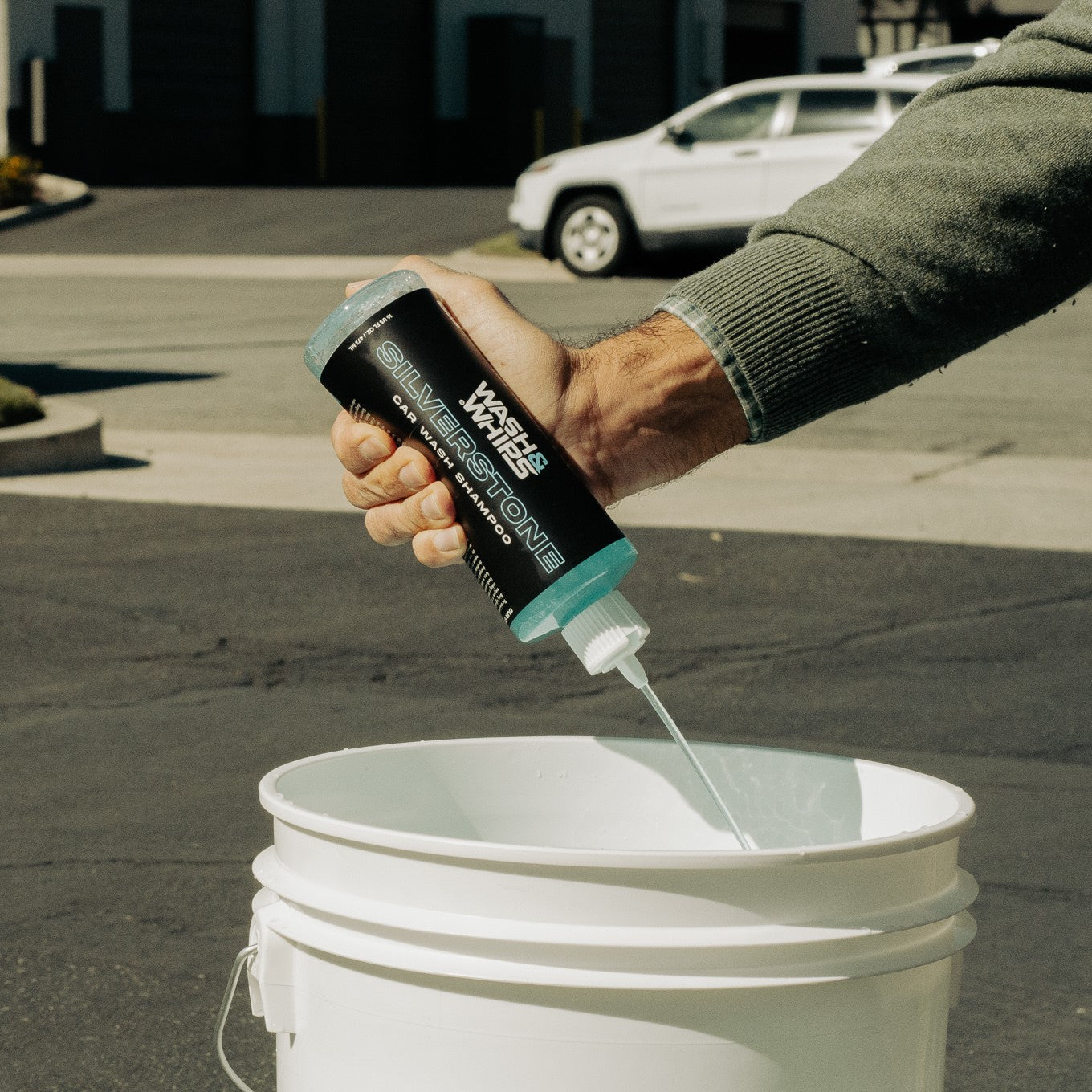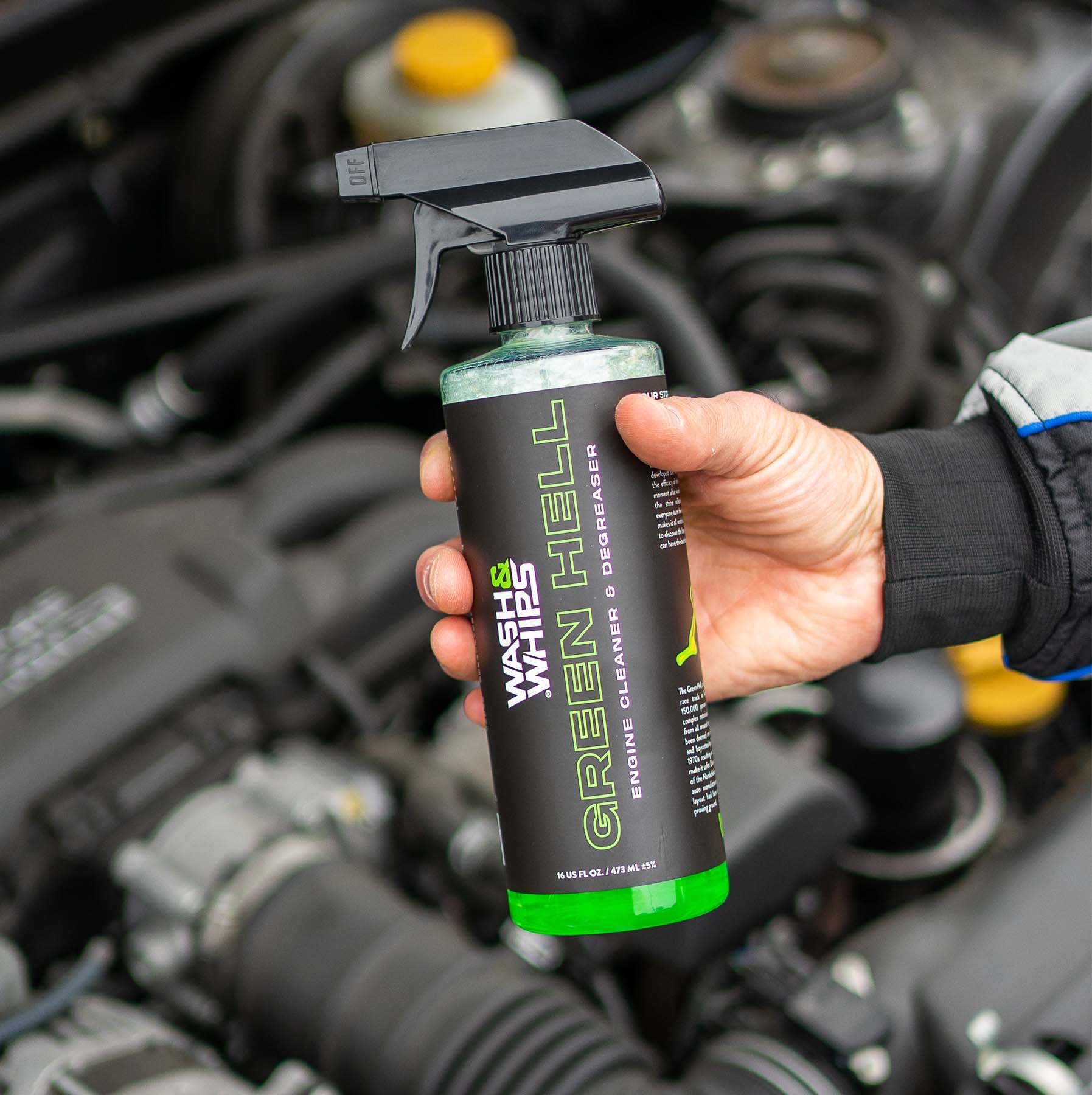In the vast world of vehicle maintenance, car detailing often emerges as a topic of debate among car owners. Is it merely an extravagant indulgence, or does it hold tangible benefits that justify the investment? To answer this question, it is essential to delve into what car detailing entails and the advantages it offers, ultimately helping car owners make an informed decision.
At its core, car detailing is a comprehensive cleaning and restoration process that goes beyond the routine car wash. It meticulously focuses on both the interior and exterior of the vehicle, aiming to restore it to a near-new condition. This involves a series of steps including deep cleaning, polishing, and protection of various surfaces. But beyond the surface-level benefits, what does detailing actually offer to the average car owner?
Firstly, detailing significantly enhances the aesthetic appeal of your vehicle. A well-detailed car not only stands out visually but also reflects positively on the owner's attention to detail and care. However, the benefits are not purely cosmetic. Detailing also serves to protect the vehicle's paint, upholstery, and other surfaces from wear and tear, potentially extending the lifespan of these materials. By applying protective waxes and sealants, detailing can shield the car from environmental damages such as UV rays, road salt, and bird droppings.
Moreover, car detailing can have financial implications for car owners. A well-maintained vehicle retains its value better over time. This is particularly crucial for those looking to sell or trade in their cars, as a detailed car can command a higher resale value. It's an investment that can pay dividends by preserving the car's aesthetic and structural integrity, making it more appealing to potential buyers.
However, the question of whether detailing is worth it boils down to individual priorities and values. For car enthusiasts and those who take pride in their vehicle's appearance, detailing is undoubtedly a worthwhile investment. On the other hand, for individuals who view their car purely as a means of transportation, the cost-benefit analysis might lean towards the essentials of maintenance.













